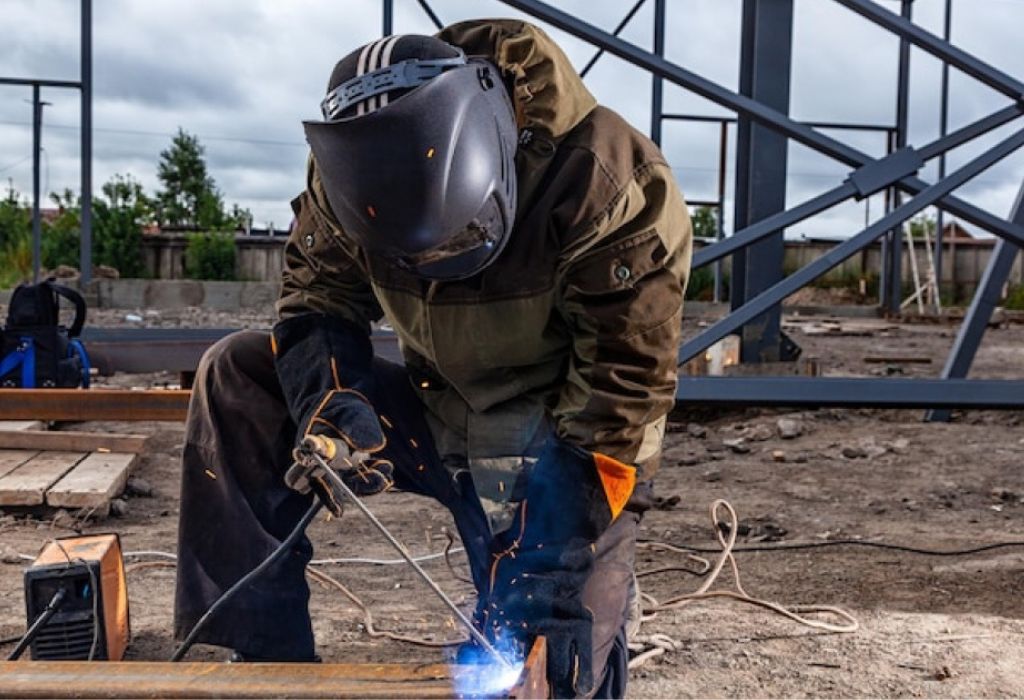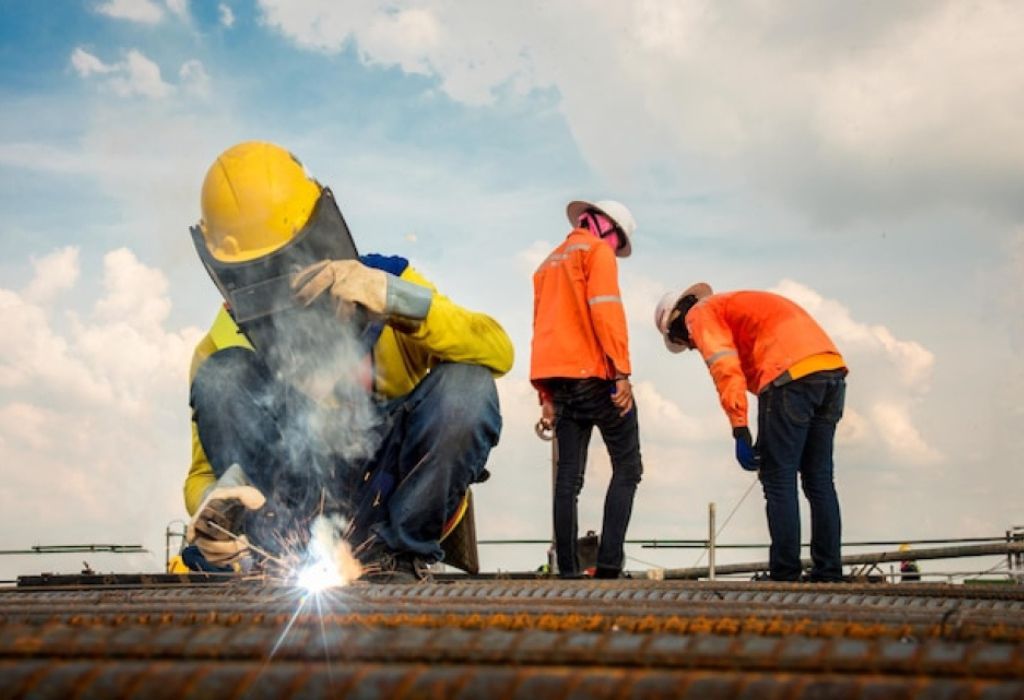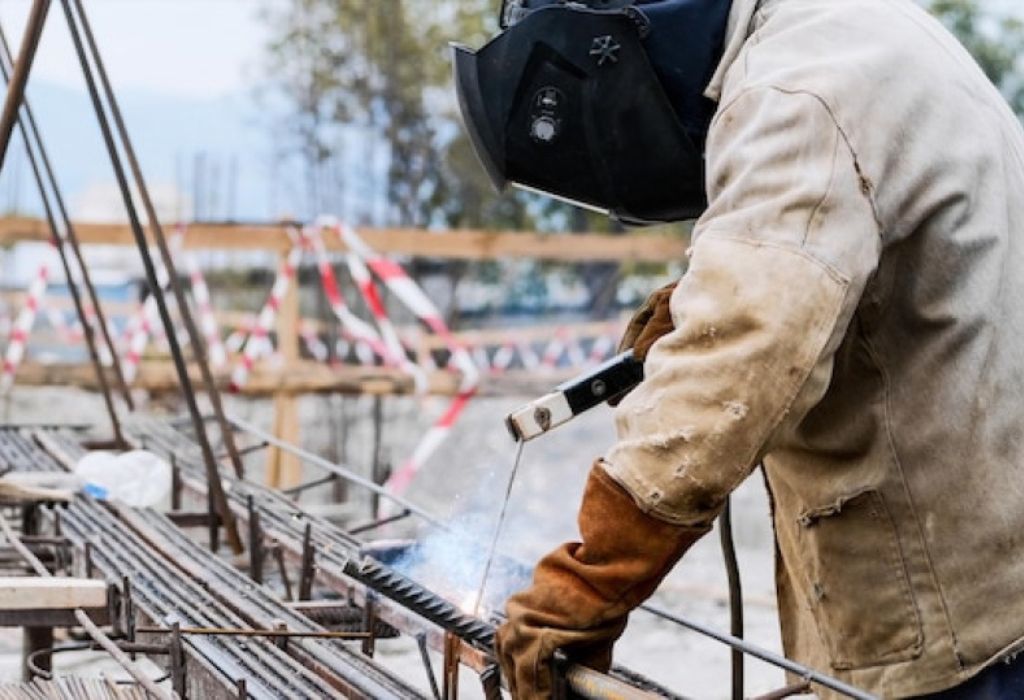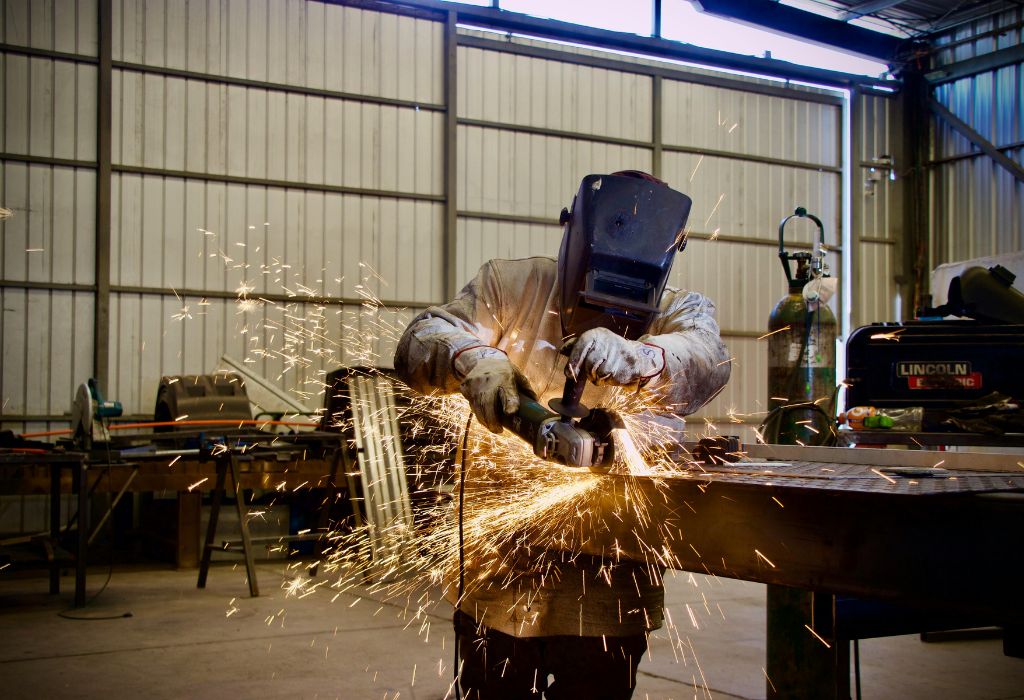A young Texan standing in a workshop and watching sparks fly from a welding torch may feel inspired to pursue a career in this skilled and rewarding trade.
The state of Texas is one of the largest employers of welders in the country, providing opportunities across industries from oil and gas to construction and manufacturing.
For many, welding offers an alternative to traditional college pathways, creating a career built on practical skills, certifications, and hands-on experience.
Confusion often arises around the requirements, training programs, and certifications necessary to begin a welding career in Texas.
According to the Bureau of Labor Statistics, Texas employs more welders than any other state, with over 50,000 active professionals working in diverse roles.
The demand continues to grow as infrastructure, energy, and industrial projects expand across the state.
Welding not only provides financial stability but also offers career advancement through specialization and additional training.
This guide outlines the education, training, certifications, and steps needed to become a welder in Texas in 2025.
Why Choose Welding as a Career in Texas?

Welding is an essential skill in Texas because of its booming industries like oil, gas, and construction. The constant need for infrastructure ensures a steady demand for skilled welders.
Unlike many professions, welding does not require a four-year college degree, making it more accessible to individuals who prefer hands-on learning. It provides opportunities for quick entry into the workforce.
The pay scale for welders in Texas is competitive, with salaries often higher than the national average. Skilled specialists in pipeline or industrial welding can earn premium wages.
The career also allows for advancement into supervisory roles, inspection jobs, and specialized welding techniques that further increase earning potential.
Is welding in demand in Texas?
Yes, industries like oil, gas, and construction need welders.
Do welders earn good money in Texas?
Yes, salaries often exceed the national average.
Is welding a stable career?
Yes, demand continues across industries.
Does Texas have more welding jobs than other states?
Yes, it employs the most welders in the U.S.
Can welders advance into management?
Yes, with experience and certification.
Education Requirements for Welding in Texas
A college degree is not required to become a welder in Texas, but most employers expect a high school diploma or GED. Basic education ensures readiness for trade school or apprenticeships.
Welding relies on skills in math, measurement, and mechanical reasoning. High school courses in shop, drafting, and science can provide a useful foundation.
Vocational training programs and community colleges across Texas offer specialized classes for aspiring welders. These schools prepare students with the skills needed for entry-level jobs.
While formal education is not mandatory, completing structured training significantly improves employability and long-term career prospects.
Do you need a degree to weld in Texas?
No, a high school diploma or GED is enough.
Is a GED required?
Yes, it is usually necessary for training.
Do welders need math skills?
Yes, basic math and measurement are essential.
Can you start welding in high school?
Yes, some schools offer vocational programs.
Do you need college for welding?
No, trade schools or apprenticeships are sufficient.
Welding Training Programs and Schools in Texas
Texas has numerous welding programs offered at community colleges, vocational schools, and technical institutes. Students can learn welding basics along with advanced methods.
These programs provide hands-on experience with MIG, TIG, and Stick welding, preparing students for real-world jobs. Training also emphasizes safety and technical standards.
Specialized schools focus on pipeline, structural, and industrial welding. This helps students enter industries that pay higher wages.
Programs can last anywhere from six months to two years, depending on certification goals and specialization.
What are the best welding schools in Texas?
Community colleges and trade schools statewide.
How long is welding school?
Six months to two years.
Do schools teach all welding methods?
Yes, most cover MIG, TIG, and Stick.
Is hands-on training included?
Yes, it is the core of most programs.
Do schools help with job placement?
Yes, many assist graduates in finding work.
Welding Certification and Licensing in Texas
Texas does not have a statewide license requirement for welders, but certifications are critical for employment. The most recognized is AWS (American Welding Society) certification.
Employers often demand certification in specific welding processes depending on the job. These credentials prove skill and safety knowledge.
Specialized certifications open doors to better-paying positions, especially in oil, gas, and industrial fields. Certification shows readiness for challenging projects.
Some cities or employers may have additional requirements, so checking with local regulations is important.
Do you need a welding license in Texas?
No, but certification is required.
What is AWS certification?
It is the standard credential for welders.
Do certifications increase pay?
Yes, certified welders earn more.
Are there city-level requirements?
Yes, some employers may require extras.
How do I get certified in Texas?
Through training schools or AWS testing centers.
Welding Apprenticeships and On-the-Job Training

Apprenticeships allow welders to earn money while learning the trade. They combine classroom instruction with supervised work experience.
Unions, companies, and trade organizations across Texas offer apprenticeships that provide structured training. These are highly valued in the industry.
Apprenticeships typically last two to four years, but wages increase with skill and experience. Many apprentices transition directly into full-time jobs.
This pathway benefits those who prefer learning by doing while building a career from the ground up.
Do welders need apprenticeships?
Not required, but very valuable.
How long are welding apprenticeships?
Two to four years.
Do apprentices get paid?
Yes, they earn while learning.
Are apprenticeships common in Texas?
Yes, across unions and companies.
Do they lead to full-time jobs?
Yes, often immediately after completion.
Types of Welding Jobs Available in Texas
Texas offers welding jobs across many sectors, making it a versatile career choice. Opportunities range from construction to advanced industrial work.
Structural welding jobs are common in construction, building everything from bridges to skyscrapers. Pipeline welding is another major field due to the state’s oil and gas industry.
Manufacturing plants also employ welders to produce machinery, vehicles, and equipment. Some welders pursue underwater welding for offshore projects.
The diversity of welding roles ensures career opportunities across both urban and rural Texas.
What welding jobs are in Texas?
Construction, pipeline, manufacturing, offshore.
Is pipeline welding common?
Yes, it is a major Texas employer.
Do manufacturers hire welders?
Yes, factories need skilled welders.
Is underwater welding possible in Texas?
Yes, in offshore oil and gas.
Which jobs pay the most?
Pipeline and industrial welders.
How Long Does It Take to Become a Welder in Texas?
The time required depends on training, certification, and career goals. Basic training can be completed in as little as six months.
A full program with certifications may take one to two years. Apprenticeships extend training but provide steady pay during the process.
Advanced specialization, such as underwater or aerospace welding, takes additional years. These fields require extensive practice and testing.
Overall, aspiring welders can expect to enter the workforce quickly, with opportunities to grow their careers over time.
How fast can I become a welder?
In as little as six months.
Is welding school less than a year?
Yes, some programs are shorter.
Do certifications add time?
Yes, but they improve opportunities.
Does on-the-job training count?
Yes, apprenticeships are valuable.
How long for advanced welding skills?
Several years for specialties.
Salary and Career Outlook for Welders in Texas
The average welder salary in Texas is higher than the national average. Entry-level welders often start around $40,000 to $50,000 annually.
Experienced welders in oil, gas, and industrial sectors can earn $70,000 or more. Specialized fields like underwater welding pay even higher.
Texas continues to have one of the strongest demands for welders in the U.S. Infrastructure and energy projects ensure steady job opportunities.
The long-term career outlook for welders in Texas remains positive, making it a secure and rewarding choice.
How much do welders earn in Texas?
$40,000 to $70,000+, depending on skill.
Do oil and gas welders earn more?
Yes, they have higher pay rates.
What is the average salary?
Around $47,000 annually.
Is welding pay increasing?
Yes, demand pushes wages up.
Do experienced welders earn six figures?
Yes, in advanced specialties.
Steps to Become a Welder in Texas

Step one is earning a high school diploma or GED. This provides the foundation for training and certification.
Next, enroll in a welding program at a trade school, vocational college, or community college. Choose a program that matches your career interests.
Then, earn certifications such as AWS to qualify for higher-paying positions. Employers prefer certified welders for safety and skill assurance.
Finally, gain experience through apprenticeships or entry-level jobs. Continue advancing skills with specialized training to grow your career.
What is the first step to welding?
Get a high school diploma or GED.
Do I need certifications right away?
Not always, but they help.
Can I learn welding on the job?
Yes, through apprenticeships.
Do all welders follow the same path?
No, routes vary by goals.
How do I advance my welding career?
Specialize and gain certifications.
Conclusion
Becoming a welder in Texas offers one of the best career opportunities for those who enjoy hands-on work and practical skills. With training and certification, welders can find stable, high-paying jobs across industries.
Texas leads the nation in welding employment, ensuring demand will remain strong. This makes welding a secure and rewarding path for future professionals.
By completing education, training programs, and certifications, aspiring welders can quickly begin their careers. Apprenticeships and experience provide growth and specialization opportunities.
Final advice: invest in training, earn certifications, and build experience, as welding in Texas offers long-term stability and advancement in 2025 and beyond.

I’m Darrell Julian, the founder, lead writer, and hands-on welding enthusiast behind ArcWeldingPro.com. With more than 15 years of real-world welding experience, I created this platform to share what I’ve learned in the field, in the shop, and in the heat of the arc.


